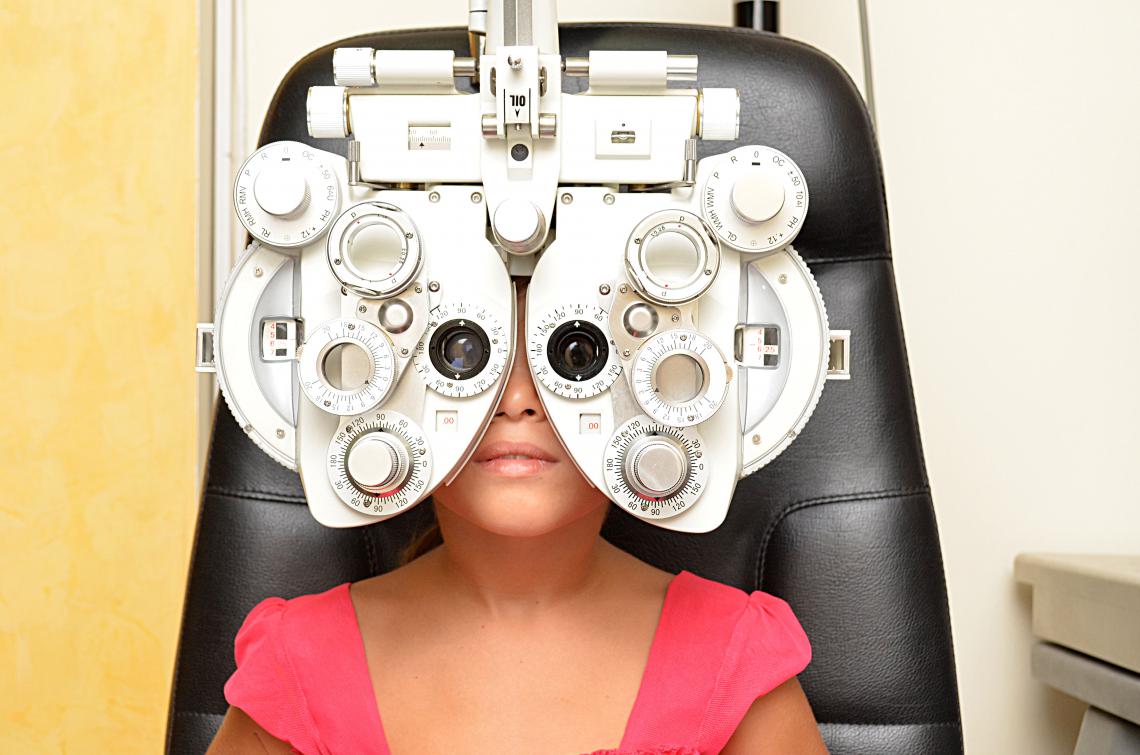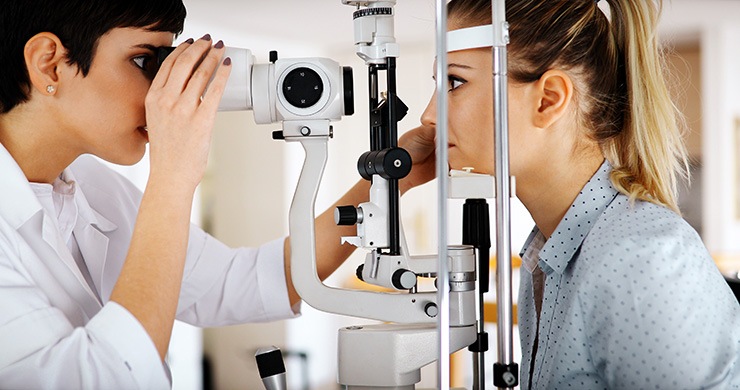The Significance of Regular Eye Examinations and How an Optometrist Can Aid Maintain Your Vision
In today's hectic globe, protecting our vision often takes a rear seat to even more instant worries, yet regular eye examinations are an indispensable part of preserving general health. As we explore the nuanced obligations of eye doctors, one may wonder just how these understandings equate into tangible benefits for lasting eye health.
Advantages of Routine Eye Tests

One of the key benefits of regular eye examinations is the capacity to check adjustments in vision that may not be instantly noticeable. Visual acuity can progressively decrease, and without regular evaluations, such adjustments could go unnoticed till they dramatically effect everyday tasks. In addition, eye examinations can reveal systemic health issues. Problems such as diabetes mellitus, hypertension, and high cholesterol typically materialize with ocular symptoms, allowing eye doctors to recommend further clinical assessment.
Additionally, regular eye examinations contribute to enhanced high quality of life. By ensuring optimum vision, people are much better geared up to perform daily jobs, improving performance and minimizing the risk of accidents. Overall, the aggressive technique of regular eye exams promotes not just ocular wellness but likewise all natural well-being.
Early Detection of Eye Problems
Along with the advantages of keeping visual skill and total health, eye exams are important in the early detection of numerous eye problems. Normal eye exams permit the recognition of conditions that may absent signs and symptoms in their first phases, such as glaucoma, diabetic person retinopathy, and age-related macular degeneration. Early detection is critical due to the fact that it makes it possible for prompt intervention, which can prevent progression and minimize the threat of vision loss.

Age-related macular deterioration, a leading root cause of loss of sight among older adults, can also be discovered early through routine eye examinations. By recognizing drusen deposits or changes in the macula, optometrists can keep track of and handle the problem proactively. Ultimately, regular eye assessments are crucial for guarding vision and improving top quality of life via early detection and intervention.
Function of Optometrists in Vision Care
Eye doctors play an essential duty in vision treatment, acting as the primary healthcare experts devoted to the evaluation, medical diagnosis, and administration of eye wellness. Their competence is crucial in preserving ideal visual feature and overall eye health, which is important for an individual's lifestyle (Eye Doctor Optometrist). Optometrists are thoroughly educated to identify a vast array of eye problems, from refractive mistakes such as nearsightedness and hyperopia to extra complicated conditions like glaucoma and macular degeneration
Through comprehensive eye assessments, eye doctors examine both visual acuity and the wellness of the eyes, making it possible for very early discovery and treatment for different ocular diseases. This preventative technique can significantly decrease the threat of vision loss and other issues. Eye doctors are well-informed regarding recommending rehabilitative lenses and advising lifestyle or dietary changes to sustain aesthetic health.
Along with their scientific obligations, eye doctors commonly offer person education and learning, equipping people to take proactive action in maintaining their eye health. They collaborate with various other health care companies when necessary, making certain a multidisciplinary approach to handling systemic problems that might impact vision, such as diabetes and hypertension. Thus, optometrists are indispensable allies in safeguarding and enhancing aesthetic wellness throughout an individual's life.
Technologies Used in Eye Tests
Innovations in technology have considerably improved the ability reference of eye doctors to provide thorough eye treatment. Modern eye exams employ a variety of sophisticated tools to diagnose and keep track of ocular health and wellness properly. Digital retinal imaging, as an example, permits optometrists to capture in-depth pictures of the retina, giving crucial understandings into problems such as diabetic person retinopathy and macular deterioration. This non-invasive technique offers a thorough sight of the retina, helping with early Related Site detection and treatment.
Optical Comprehensibility Tomography (OCT) is an additional cutting-edge technology used in eye tests. OCT supplies high-resolution cross-sectional photos of the retina, enabling specific evaluation of its layers. This is especially useful in diagnosing glaucoma and retinal conditions, where refined modifications can have considerable effects for vision.
Additionally, automated refractors have structured the process of figuring out corrective lens prescriptions. These tools make use of innovative algorithms to measure refractive errors quickly and properly, making certain ideal vision correction.
In addition, aesthetic field testing innovation assesses field of vision, crucial for spotting glaucoma. This test maps the client's aesthetic area to recognize any type of deficiencies or dead spots that could suggest underlying issues.
Through these modern technologies, optometrists can supply a detailed assessment of eye health and wellness, making certain efficient and timely treatment.
Preserving Vision Health at Home
Conservation of vision health and wellness starts with consistent care and interest to daily routines that support eye wellness. Make sure adequate lights while checking out or working, as dim conditions can strain the eyes.
A healthy diet abundant in nutrients such as vitamins A, Omega-3, c, and e fats is vital for eye wellness (Eye Doctor). Foods such as leafy environment-friendlies, fish, nuts, and carrots can give these vital nutrients. Staying hydrated is just as important, as it prevents completely dry eyes
Normal workout can boost blood flow, adding favorably to eye health and wellness. Using sunglasses with UV security shields your eyes from unsafe ultraviolet rays, reducing the risk of cataracts and various other eye problems.
Final Thought
Regular eye exams are vital for protecting vision and promoting eye health, enabling for the early discovery of conditions such as glaucoma and diabetic person retinopathy. By focusing on normal eye exams, people can much better secure their vision and address prospective systemic health and wellness problems efficiently.
In today's hectic world, protecting our vision typically takes a backseat to more immediate problems, yet normal eye exams are an important component of preserving total wellness.In enhancement to the advantages of maintaining aesthetic acuity and total health and wellness, eye examinations are important in the early detection of different eye problems - Eye Doctor Optometrist.Via detailed eye evaluations, optometrists assess both aesthetic acuity and the wellness of the eyes, enabling early detection and intervention for various eye diseases. Wearing sunglasses with UV security that site guards your eyes from harmful ultraviolet rays, minimizing the risk of cataracts and various other eye problems.Routine eye examinations are crucial for protecting vision and promoting eye health and wellness, allowing for the very early detection of problems such as glaucoma and diabetic person retinopathy